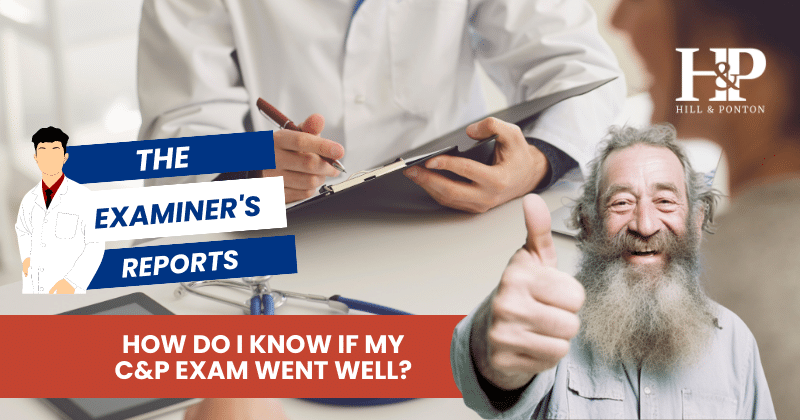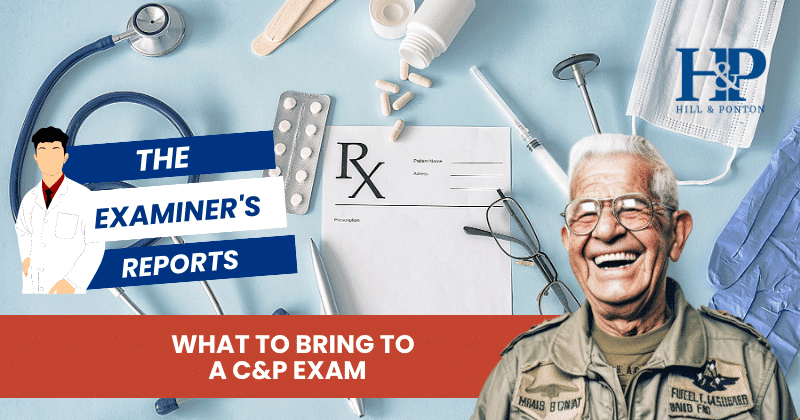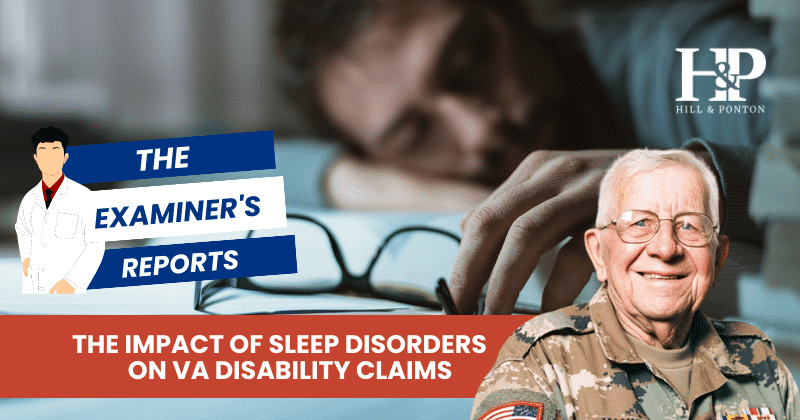
Many of the veterans I see are typically managing several major medical problems (often referred to as “comorbidities”).
If your doctor tells you have heart failure or mentions that your hypertension is also “known as the silent killer,” you may be inclined to minimize or direct attention away from other problems that sound less scary, like those that have to do with sleep.
It’s sometimes hard to highlight the critical nature of sleep when you hear things like, “Sure, I could be getting better sleep, but I’ve got bigger issues to manage!”
Sleep is often overlooked as a vital component of overall well-being, but it cannot be understated how crucial a role it plays in our physical and mental health.
It’s even more important for veterans who’ve suffered an injury or experienced physical/mental trauma, as sleep disorders can worsen existing conditions and contribute to the development of other, secondary problems.
Let’s explore the impact of sleep disorders on veterans’ health and why it is important to recognize and contextualize these problems into your overall experience with disability.
What happens when you sleep?
You may think that sleeping is just what you do when you feel tired, but understanding some of the basics of what your body is actively accomplishing while you sleep can help you begin to see why it has a big impact on every area of your life.
On a basic level, sleep is essential for the body to repair and rejuvenate almost every body system you have.
#1: Sleep restores and repairs cells.
During sleep, the body produces more protein, one of the basic building blocks for almost everything in the human body.
While you’re sleeping, the body is producing and using new proteins to help repair cells, tissues, and organs that have been damaged during the day.
This is a process that helps prevent acute injuries from becoming chronic ones.
#2: Sleep consolidates memories.
Sleep is important for memory consolidation, which means that it helps the brain to strengthen and store memories from the day.
People who are severely deprived of sleep will hallucinate, and this is theorized to be due to the fact that memories do not have the opportunity to be consolidated appropriately.
#3: Sleep regulates hormones.
Sleep helps to regulate the levels of hormones in the body, including those that control appetite, growth, and stress.
Conversely, a lack of sleep may lead to the production of bad hormones.
When you don’t get enough sleep or your sleep is of poor quality, your body produces more stress hormones like cortisol and adrenaline, which increase blood pressure.
#4: Sleep keeps your immune system functioning.
During sleep, the body produces cytokines, which are proteins that help to fight infections, inflammation, and stress.
An interruption in this process can leave you more vulnerable to infections and illnesses, and can make it more difficult for your body to fight off diseases and heal from injuries.
#5: Sleep helps prevent cardiovascular disease and other chronic illnesses.
Patients with sleep disturbances have been shown time and time again to be at a higher risk for heart disease, diabetes, and even depression.
What types of sleep disorders are common to veterans?
Typically when people think of poor sleep, they’re usually thinking about insomnia.
This is one example of a sleep disorder, but it may help to have a broader understanding of what other illnesses could be driving poor sleep.
Sleep Apnea:
Sleep apnea is a disorder in which a person’s breathing is interrupted during sleep, usually when the airway relaxes and collapses.
This can lead to snoring, gasping, or choking during sleep, which triggers the body’s fight-or-flight system repeatedly all throughout the night.
This can lead to excessive daytime sleepiness, as well as being a known, major contributor to cardiovascular disease.
The most common treatment for this is a type of nighttime mask known as a CPAP, but there are a variety of treatment options available for patients who cannot tolerate this therapy.
Insomnia:
Insomnia is a disorder in which a person has difficulty falling asleep or staying asleep.
It can be caused by a variety of factors, including stress, anxiety, and certain medications.
Treatment for insomnia typically involves behavioral therapy, lifestyle changes, sleep hygiene, or medication.
Restless Leg Syndrome:
Restless leg syndrome is a disorder in which a person experiences an uncontrollable urge to move their legs while at rest.
This can lead to difficulty falling asleep, disrupted sleep, and daytime fatigue.
Treatment for restless leg syndrome typically involves medication and lifestyle changes like sleep hygiene.
Narcolepsy:
Narcolepsy is decidedly less common than the above disorders and consists of excessive daytime sleepiness that triggers sudden attacks of sleep.
It can also cause hallucinations, sleep paralysis, and disrupted nighttime sleep.
How sleep disorders relate to other disabilities.
If you’re beginning to think sleeping has a significant impact on your overall health, you’d be correct.
Through the biological mechanisms we’ve discussed, poor sleep can cause, contribute to, or aggravate a broad variety of other problems, like:
- Hypertension
- Stroke
- Heart disease
- Diabetes
- Obesity
- Depression
- Anxiety disorders
- Chronic pain
- Headaches
- Gastrointestinal problems like acid reflux and IBS
- Respiratory disorders, such as asthma
- Reduced immune system function
- Hormonal imbalances
- Cognitive impairment and memory problems
If you have been diagnosed with one of the above and also clinically suffer from one of the sleeping disorders mentioned earlier, it may be worth pursuing establishing a secondary service connection relationship for the two.
But before you rush off to make a claim that poor sleep caused one of these problems consider the following:
#1: If you suspect you have a sleeping disorder, you must first be formally diagnosed with it before submitting a claim.
There are clinical thresholds that patient must meet to be formally diagnosed with disorders like sleep apnea and insomnia.
#2: It can be hard to prove that sleeping caused another medical problem without first ruling out other contributors.
As an example, if you have a cardiovascular condition like coronary artery disease, it will likely be difficult to say that poor sleep caused it if you have an extensive smoking history.
Identifying all the contributing factors for a given illness might be challenging, so you’ll need to talk to your doctor to help you navigate this.
Sleep disorders are increasingly being recognized as having a significant impact on veterans’ overall health, well-being, and the development of other major medical problems.
If you are a veteran experiencing sleeping issues, don’t let it fly under the radar.
Talk to your doctor to help you understand how sleep might be impacting other aspects of your medical care.







